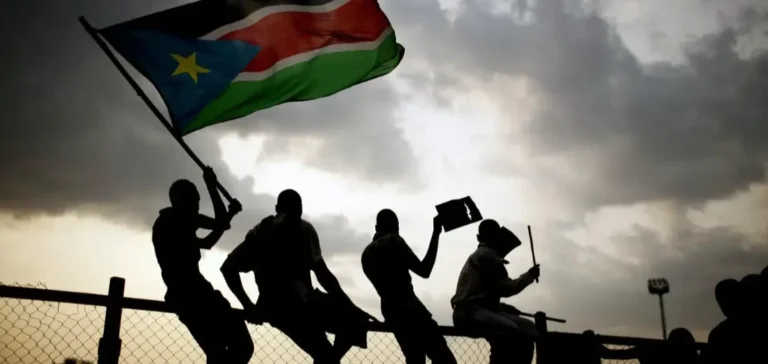South Sudan’s oil revenues continue to disappear into opaque channels, depriving the population of essential infrastructure. A new report from the United Nations Human Rights Commission states that more than $2.2bn was diverted from the “Oil for Roads” programme between 2021 and 2024, initially intended for road development.
Nearly 90% of promised roads never built
The document specifies that only $500mn resulted in functional infrastructure, while about $1.7bn was transferred to shell companies with no concrete deliveries. Several of these entities are said to be linked to Vice President Benjamin Bol Mel. Nearly 90% of the roads planned under the programme were not completed, compromising access to rural regions and slowing the movement of agricultural goods.
The lack of roads increases transport costs and limits food availability, exacerbating inflation already out of control. The World Bank indicates that prices jumped 105% in 2024. The International Monetary Fund (IMF) forecasts inflation of 65.7% for 2025.
An economy dependent on oil
Oil accounts for about 90% of public revenue in South Sudan. Yet, according to the World Bank, this windfall finances little productive investment due to systemic corruption and inefficient budget management. The country’s economy has contracted sharply: its gross domestic product (GDP), estimated at about $12bn in 2015, fell to around $5.4bn in 2024.
This near-exclusive dependence on oil revenues makes public finances vulnerable, hindering any economic diversification. The absence of investment in non-oil sectors severely limits growth prospects.
A critical poverty threshold
In this context, World Bank projections are stark: the monetary poverty rate could reach 92% in 2025. As early as 2022, the institution estimated that 76% of the population lived below the national poverty line. The rapid rise in precarity adds to the country’s chronic political instability, heightening short-term social risks.
“The lack of accountability in the management of natural resources gravely compromises citizens’ fundamental rights,” the United Nations report states. Large-scale diversion of oil revenues prevents the state from meeting basic needs while infrastructure remains in disrepair.






















